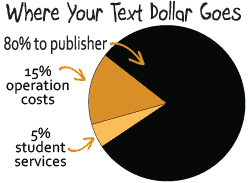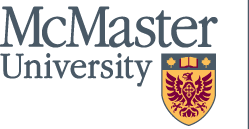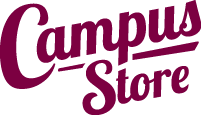Why Are Textbooks so Expensive?
The Cost of Textbooks Where Your Text Dollar Goes
As a University Partners we are committed to supporting teaching and learning on Campus and we have the same concerns as students about the cost of textbooks. The Campus Store is committed to keeping the cost of academic materials as low as possible.
How the textbook industry operates
The textbook industry operates according to some unusual market forces. In what has been coined a "Broken Market," the end consumer (the student) does not choose their product and the instructor or department that chooses the textbook does not actually purchase it.
As a result, price is not always revealed to the instructor when they are making their textbook choices allowing the producer (publishers) a disproportionate amount of power to set prices high. To add to this there is very little competition in the textbook market, with only a handful of major publishers to choose from.
Dr. James V. Koch's paper "An Economic Analysis of Textbook Pricing and Textbook Markets" gives a comprehensive overview of the landscape of the Textbook Market. Although Koch's paper is an American study, the same basic principles apply to the Canadian Market.
Working to keep course material prices as low as possible
Most students don't realize the effort Campus Store staff are continually making to try to keep prices as low. Without these efforts, your student books would cost a lot more.
The McMaster University Campus Store is also a key member of the Canadian Roundtable on Academic Materials (CRAM). CRAM is made up of representatives from a number of Canadian student associations and university bookstores.
We also work closely with McMaster's faculty to:
- Re-adopt older editions of textbooks in order to ensure we can obtain used textbooks whenever possible.
- Discourage publishers from including unwanted add-ons with textbooks which bloat the price.
- Encourage the adoption of Open Educational Resources..
 The Breakdown of Where Your Text Dollar Goes
The Breakdown of Where Your Text Dollar Goes
- Textbook publishers receive approximately 80% from the sale of each text.
- Approximately 15% from the sale of each textbook is used to fund operations. The Campus Store is an ancillary operation and is entirely self sustaining. No money from tuition or student fees goes towards covering operation costs. All revenue generated by the Campus Store stays within McMaster University.
- Approximately 5% of your textbook dollar goes towards funding Student Services and scholarships.


